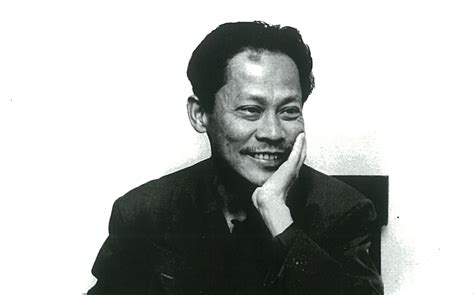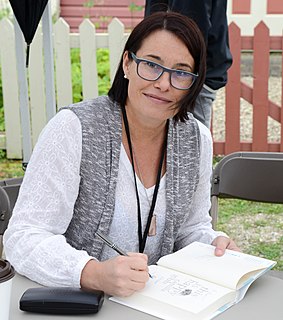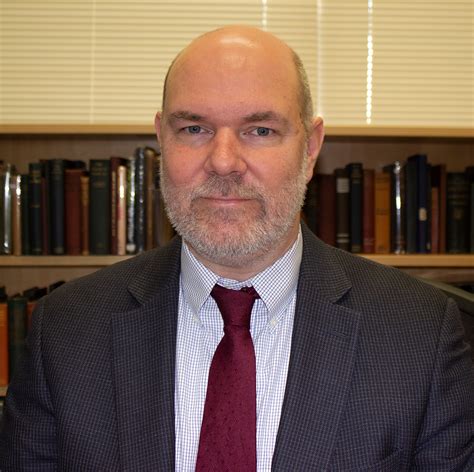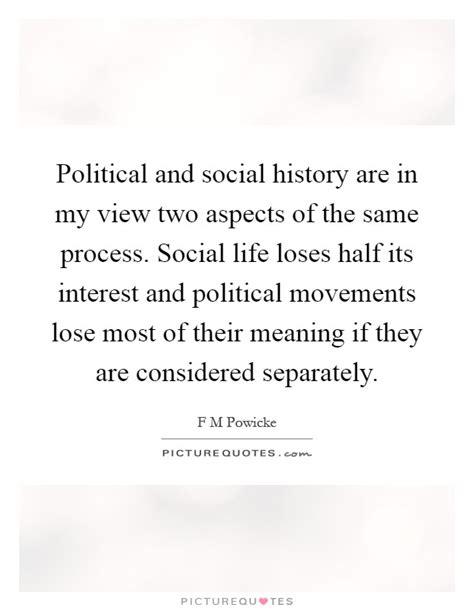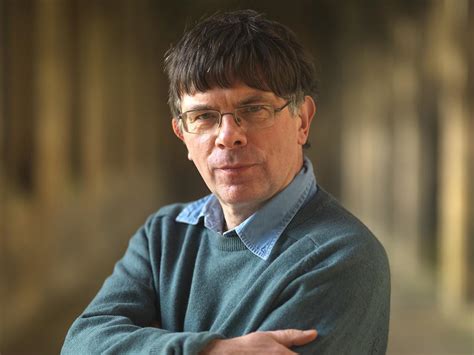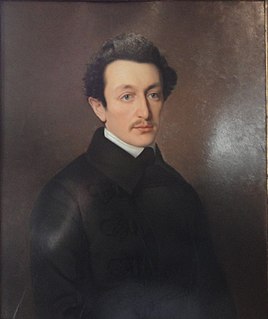Top 1200 Social History Quotes & Sayings
Explore popular Social History quotes.
Last updated on November 26, 2024.
The discussion of the game of marbles seems to have led us into rather deep waters. But in the eyes of children the history of the game of marbles has quite as much importance as the history of religion or of forms of government. It Is a history, moreover, that is magnificently spontaneous; and it was therefore perhaps not entirely useless to seek to throw light on the child's judgment of moral value by a preliminary study of the social behaviour of children amongst themselves.
It's a shame for women's history to be all about men--first boys, then other boys, then men men men. It reminds me of the way our school history textbooks were all about wars and elections, one war after another, with the dull periods of peace skimmed over whenever they occurred. (Our teachers deplored this and added extra units about social history and protest movements, but that was still the message of the books.)
Events are the ephemera of history; they pass across its stage like fireflies, hardly glimpsed before they settle back into darkness and as often as not into oblivion. Every event, however brief, has to be sure a contribution to make, lights up some dark corner or even some wide vista of history. Nor is it only political history which benefits most, for every historical landscape - political, economic, social, even geographical - is illumined by the intermittent flare of the event.
Now culture being a social product, I firmly believe that any work of art should have a social function to beautify, to glorify, to dignify man... Since any social system is forced to change to another by concrete economic forces, its art changes also to be recharged, reshaped, and revitalized by the new conditions... The making of a genuine artist or writer is not mysterious. It is not
the work of Divine Providence. Social conditions, history, and the people's struggle are the factors behind it.
In the digital universe, our personal history and its sense of narrative is succeeded by our social networking profile - a snapshot of the current moment. The information itself - our social graph of friends and likes - is a product being sold to market researchers in order to better predict and guide our futures.
The way they taught history in schools was not appealing. They stressed wars and dates. They left the people out. I was attracted to history by the need to know about the people. In China, I went to a British school, and we just learned about kings and queens. Back in America, I had the regular social studies curriculum.
Much of the social history of the Western world over the past three decades has involved replacing what worked with what sounded good. In area after area - crime, education, housing, race relations - the situation has gotten worse after the bright new theories were put into operation. The amazing thing is that this history of failure and disaster has neither discouraged the social engineers nor discredited them.
Once you step inside, history has to be rewritten to include you. A fiction develops a story that weaves you into the social fabric, giving you roots and a local identity. You are assimilated, and in erasing your differences and making you one of their own, the community can maintain belief in its wholeness and purity. After two or three generations, nobody remembers the story is fiction. It has become fact. And this is how history is made.
There is a sort of myth of History that philosophers have.... History for philosophers is some sort of great, vast continuity in which the freedom of individuals and economic or social determinations come and get entangled. When someone lays a finger on one of those great themes--continuity, the effective exercise of human liberty, how individual liberty is articulated with social determinations--when someone touches one of these three myths, these good people start crying out that History is being raped or murdered.
History is a living horse laughing at a wooden horse. History is a wind blowing where it listeth. History is no sure thing to bet on. History is a box of tricks with a lost key. History is a labyrinth of doors with sliding panels, a book of ciphers with the code in a cave of the Saragossa sea. History says, if it pleases, Excuse me, I beg your pardon, it will never happen again if I can help it.
History without the history of science, to alter slightly an apothegm of Lord Bacon, resembles a statue of Polyphemus without his eye-that very feature being left out which most marks the spirit and life of the person. My own thesis is complementary: science taught ... without a sense of history is robbed of those very qualities that make it worth teaching to the student of the humanities and the social sciences.
I recall coming across a line by the late Charles Tilly when he said, "The conditions for the possibility of social movements have been called into question in the twenty-first century." And I said to myself, my god, a society in history without social movements, for me, is very difficult to live in.
If, in schools, we keep teaching that history is divided into American history and Chinese history and Russian history and Australian history, we're teaching kids that they are divided into tribes. And we're failing to teach them that we also, as human beings, share problems that we need to work together with.
You could make a good case that the history of social life is about the history of the technology of memory. That social order and control, structure of governance, social cohesion in states or organizations larger than face-to-face society depends on the nature of the technology of memory - both how it works and what it remembers. In short, what societies value is what they memorize, and how they memorize it, and who has access to its memorized form determines the structure of power that the society represents and acts from.
The nation relies upon public discussion as one of the indispensable means to attain correct solutions to problems of social welfare. Curtailment of free speech limits this open discussion. Our whole history teaches that adjustment of social relations through reason is possible when free speech is maintained.
Part of why history is so important in my life is because it brings you an awareness that everything isn't new. It gives context to what's happening right now. History is cyclical but circumstances and technology change. So when social justice topics come up, they're not new. They're just being covered more. We have more ways to record it now.
Man has traditionally ruled the social sphere; feminism tells him to move over and share his power. But woman rules the sexual and emotional sphere, and there she has no rival. Victim ideology, a caricature of social history, blocks women from recognition of their dominance in the deepest, most important realm. ?
The long history of mankind is studded with convergences, perhaps most notably in social systems and the use of artefacts and technology. But for human history, set in the arrow of time, there appears to be one intolerable stumbling-block. This is the catastrophic failure in human values and decency.
One can only understand history and all of social life, including today’s social life, if one pays attention to people’s racial characteristics. And one can only understand all that is spiritual in the correct sense if one first examines how this spiritual element operates within people precisely through the color of their skin.
Judaism is not a passive religion, but an active life factor which has coalesced
with the national consciousness into one organic whole. It is primarily the
expression of a nationality whose history for thousands of years coincides with
the history of the development of a humanity and the Jews are a nation which,
having once acted as the leaven of the social world, is destined to be resurrected
with the rest of civilized nations.















